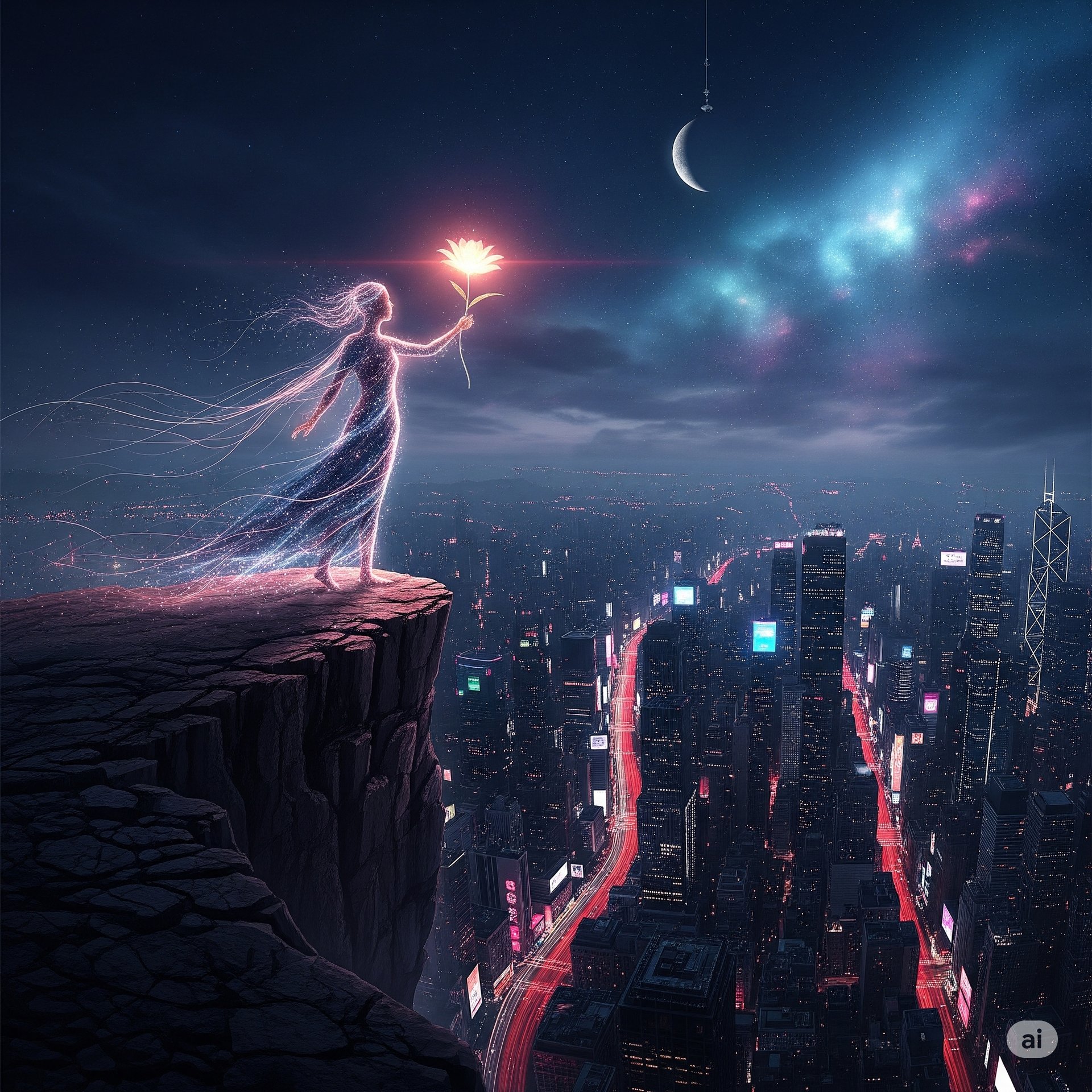Idealism vs. Materialism: The Ultimate Battle for the Nature of Reality
The question of what fundamentally constitutes reality has puzzled thinkers for centuries. At the heart of this inquiry lie two competing philosophical views: Idealism and Materialism. These two perspectives offer drastically different answers to what the nature of reality is and what truly exists. Understanding this battle is key to exploring how humans interpret the world and our place within it.
NON-STOIC PHILOSOPHIES
8/2/20252 min read


What Is Idealism?
Idealism holds that mind, consciousness, or ideas are the primary essence of reality. According to this view, the physical world is either dependent on or secondary to mental phenomena. Reality, in some form, is fundamentally mental or spiritual.
Reality is shaped by ideas: Rather than matter, it is thoughts, concepts, or consciousness that form the true substance of the universe.
The material world may be an illusion or derivative: Physical things only exist because they are perceived or generated by a conscious mind.
Roots in philosophy and spirituality: Idealism is closely related to traditions that emphasize the primacy of spirit, such as some ancient philosophies or religious metaphysics.
Classic proponents like Plato suggested that eternal, abstract “Forms” or “Ideas” are more real than the tangible world. Similarly, some forms of modern idealism argue that consciousness itself is fundamental and that matter emerges from it.
What Is Materialism?
Materialism takes the opposite stance: matter and the physical world are primary, and everything about mind, consciousness, and ideas emerges from physical interactions.
Reality is made of matter: The universe is composed of physical stuff—atoms, energy, space, and time.
Mind arises from matter: Thoughts and consciousness result from complex physical processes in the brain and nervous system.
Scientific foundation: Materialism aligns closely with the natural sciences, which explain phenomena through physical laws and processes.
Materialism asserts that all existence—living beings, thoughts, emotions—can be understood as patterns and interactions of matter. The mind is a product of the brain’s material activity.
The Core Conflict: Which Comes First—Mind or Matter?
At the heart of the debate is the question: Does mind create matter, or does matter create mind?
Idealists argue that experience, consciousness, or spirit is the foundation from which the material world arises.
Materialists maintain that matter exists independently and mind is a complex result of physical phenomena.
This difference has profound implications for metaphysics, epistemology, and even ethics.
Why Does This Battle Matter?
Understanding consciousness: Is consciousness a fundamental building block of reality or just a byproduct of matter?
Philosophy of science: Materialism’s alignment with empirical science shapes how we approach knowledge and reality.
Religion and spirituality: Idealism often provides philosophical grounding for spiritual and religious views about the soul or divine mind.
Ethical and social implications: How we view human nature, free will, and morality can shift dramatically depending on whether mind or matter is fundamental.
A Contemporary Perspective
Today, many philosophers and scientists continue to debate these views, with some exploring new theories that try to bridge the gap—such as dualism, panpsychism, or neutral monism. The tension between idealism and materialism remains a core philosophical puzzle about the ultimate nature of existence.
Conclusion: Two Worldviews Shaping Reality’s Question
Idealism and materialism represent two fundamental ways humans interpret the universe:
One prioritizes mind, ideas, and consciousness as reality’s essence.
The other points to the tangible, physical world as the base of all existence.
Understanding this philosophical battle enriches our grasp of the world and encourages deeper inquiry into what reality truly is.
Waste no more time arguing about what a good man should be. Be one - Marcus Aurelius
We suffer more often in imagination than in reality - Seneca
Wealth consists not in having great possessions, but in having few wants - Epictetus
